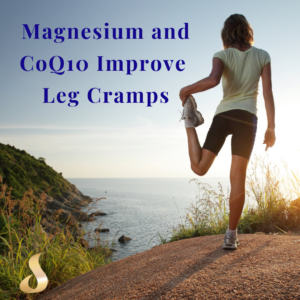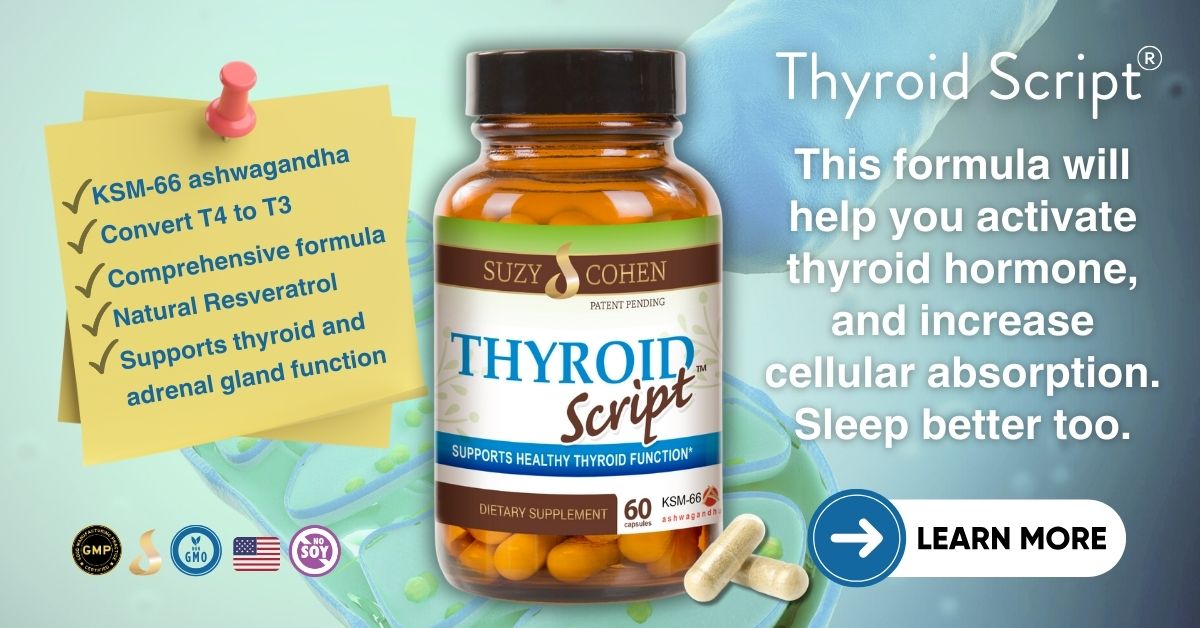What's On This Page?
ToggleHigh blood pressure, or hypertension, is a pervasive health issue, especially among older adults. According to the CDC, over 70% of adults aged 60 and older are affected by this condition. Often termed the “silent killer,” hypertension can lead to serious complications like heart disease and stroke if left unmanaged.
While many are aware of common risk factors, there are lesser-known contributors that deserve attention. Let’s delve into both the well-established and the unexpected causes of high blood pressure.
Top 10 Common Causes of High Blood Pressure
- Aging
As we get older, the endothelial lining of our blood vessels naturally stiffens, reducing elasticity. This raises systemic vascular resistance, making it harder for blood to flow freely. Think of it like trying to push water through a stiff rubber hose. Certain drugs like amlodipine, a calcium channel blocker, help relax these vessels. - Obesity
Extra adipose tissue isn’t just cosmetic—it acts like a hormone factory. It pumps out pro-inflammatory cytokines and leptin, both of which increase sympathetic nervous system activity and raise blood pressure. Herbal allies like berberine may assist with insulin resistance and metabolic health. This is one of my most popular blogs, From Medication to Mother Nature: Exploring Ozempic and 11 Natural Alternatives for Weight Loss and Blood Sugar Balance.

- Sedentary Lifestyle
When you don’t move, you lose muscle tone and insulin sensitivity. This contributes to weight gain and elevated blood glucose, both of which increase arterial pressure. Exercise increases nitric oxide production—a natural vasodilator. CoQ10 may mimic some of these effects and is a favorite among heart-healthy nutrients. - High Sodium Intake
Excess salt leads to fluid retention, increasing blood volume and pressure. The kidneys normally excrete sodium, but when overwhelmed, the body holds onto water. This is why diuretics like hydrochlorothiazide are prescribed. You can read more about natural salt substitutes. Read this article, Choosing Salt with One of These 5 Colors Improves Health. - Excessive Alcohol Consumption
Alcohol stimulates the renin-angiotensin-aldosterone system (RAAS), which raises blood pressure by promoting vasoconstriction and sodium retention. Long-term, it also damages the liver, indirectly impairing blood pressure regulation. Consider herbs like milk thistle to support liver detox pathways. - Smoking
Nicotine causes immediate vasoconstriction and increases arterial stiffness. Over time, it promotes oxidative damage to endothelial cells. This accelerates arteriosclerosis. In fact, a history of smoking accounts for about 75% of all abdominal aortic aneurysms. Is Pneumonia or Bronchitis Contagious? 7 Natural Remedies to Soothe Your Lungs - Chronic Kidney Disease
Your kidneys regulate sodium, fluid, and blood pressure through the RAAS system. When kidney function declines, you can’t filter excess sodium or activate vitamin D properly. This creates a dangerous loop of hypertension and mineral imbalance. Are Your Vitamins Helping or Hurting You? - Diabetes
Chronically high blood sugar damages the small vessels (microangiopathy), impairing circulation and kidney function—both major players in blood pressure regulation. Drugs like losartan not only lower BP but also protect kidney function in diabetics. Read: 5 Brand New Ideas to Treat Diabetes. - Sleep Apnea
Each apnea episode causes a surge in adrenaline and cortisol, activating the sympathetic nervous system and elevating BP. It also decreases oxygen delivery to tissues, which stresses the cardiovascular system. If you snore or feel fatigued, please read: Understanding the Difference Between Central Sleep Apnea and Obstructive. - Stress
Chronic stress keeps your body in a fight-or-flight state. This leads to elevated cortisol and adrenaline, which cause vasoconstriction and a rapid heartbeat—two ingredients for high blood pressure. Herbs like ashwagandha or L-theanine can help reduce cortisol and promote calm.
4 Lesser-Known or Surprising Causes of High Blood Pressure
- Drug-Induced Nutrient Depletion aka “Drug Muggers”
Several commonly prescribed medications can deplete the body of essential minerals—particularly magnesium, potassium, and calcium—which are crucial for vascular tone and blood pressure regulation. One major offender: Proton Pump Inhibitors (PPIs), such as omeprazole (Prilosec®), esomeprazole (Nexium®), and pantoprazole (Protonix®). These drugs reduce stomach acid, which over time can impair the absorption of minerals.- Magnesium deficiency, in particular, has been associated with endothelial dysfunction and increased vascular resistance. Read this before you buy your supplement: Are You Taking the Right Kind of Magnesium? Pros and Cons of 5 Popular Types.
- Calcium is also affected due to reduced gastric acidity, interfering with its solubility and transport.
- H2 blockers like ranitidine (withdrawn) and famotidine (Pepcid)®, while milder, can still contribute to nutrient depletion with long-term use.
- Hypomagnesemia has been reported in patients taking PPIs for over a year, per the FDA Drug Safety Communication (2011). If you’re on these drugs, consider checking your magnesium levels and supplementing under supervision.
Substance Abuse (Recreational or Historical)
Illicit drugs such as cocaine, methamphetamine, and even MDMA (ecstasy) are potent vasoconstrictors. They trigger massive surges in catecholamines (like norepinephrine), leading to:
- Acute vasospasm of coronary arteries
- Tachycardia
- Endothelial damage over time
- Even past use can contribute to long-term vascular changes, predisposing individuals to hypertension later in life. An article in Hypertension Journal reported persistent sympathetic nervous system hyperactivity in former cocaine users, years after stopping.
Clinical insight: These patients may require closer blood pressure monitoring and sometimes higher doses of antihypertensives due to underlying autonomic dysregulation. - Low Vitamin D Levels
Vitamin D deficiency is increasingly recognized as a cardiovascular risk factor. It affects blood pressure in several ways:- Modulates renin-angiotensin system (RAS) activity: Low vitamin D levels may lead to increased renin, contributing to higher blood pressure.
- Plays a role in endothelial function and vascular stiffness.
- People with limited sun exposure, darker skin, kidney dysfunction, or malabsorption syndromes are especially at risk. A meta-analysis in The Lancet Diabetes & Endocrinology (2014) linked low serum vitamin D with higher systolic pressure, although supplementation trials have shown mixed results.
Note: Optimal vitamin D levels are typically 40–60 ng/mL. Bloodwork (25(OH)D) is the best way to assess status. - Thyroid Disorders (Hypo & Hyper)
Thyroid hormones directly affect cardiovascular function, and imbalances in either direction can elevate blood pressure:- Hypothyroidism, on the other hand, raises diastolic pressure due to increased peripheral vascular resistance.
- Hyperthyroidism increases systolic pressure due to enhanced cardiac output, faster heart rate, and increased sensitivity to catecholamines.
Do you know how to tell the difference between these two conditions? I have an important article for you: Thyroid 101 Understanding Basics of Hypothyroidism and Autoimmune Thyroid Illness.
- Drugs such as amiodarone, lithium, or past radioactive iodine therapy can disrupt thyroid hormone production. By the way if you take lithium, you might want to also be on vitamin D3 and zinc. Find out why HERE.
Note Lab tip: Check TSH, free T3, and free T4 levels especially if you have unexplained blood pressure changes, cold intolerance, or mood shifts. My Thyroid Healthy book has all the information you need to restore healthy hormone levels.
What Does “Idiopathic” Mean?
“Idiopathic” refers to a condition that arises spontaneously or for which the cause is unknown. In the context of hypertension, idiopathic (or primary) hypertension means high blood pressure without a specific identifiable cause. This form accounts for the majority of hypertension cases.
If it happens in your brain, it’s termed idiopathic “intracranial” hypertension. I wrote an important article about this and the resulting headaches: Painful Intracranial Hypertension Headaches are Sometimes Misdiagnosed.
You can learn more about that in the Cleveland Clinic website – CLICK HERE.
Takeaway
Understanding both common and uncommon causes of high blood pressure is crucial for effective management and prevention. Regular check-ups, a balanced diet, physical activity, and awareness of medication side effects can make a significant difference.

Suzy Cohen, has been a licensed pharmacist for over 30 years and believes the best approach to chronic illness is a combination of natural medicine and conventional. She founded her own dietary supplement company specializing in custom-formulas, some of which have patents. With a special focus on functional medicine, thyroid health and drug nutrient depletion, Suzy is the author of several related books including Thyroid Healthy, Drug Muggers, Diabetes Without Drugs, and a nationally syndicated column.




